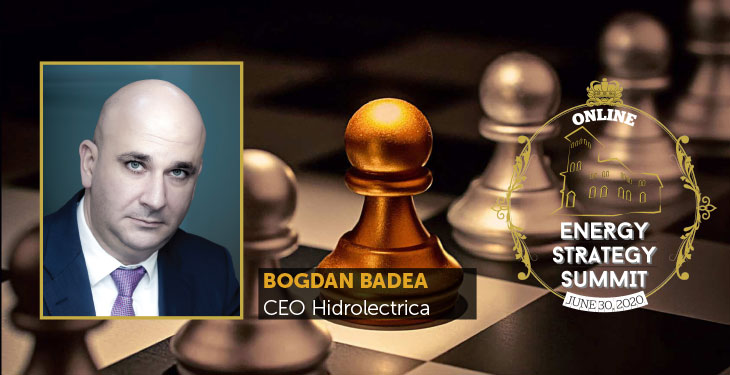Hidroelectrica may invest in the construction of a new plant on the Danube, while in the next period the feasibility study of the project will be carried out, but investors need legislative correlation and coherence in the decision-making act to support investments in due time, said the company’s president Bogdan Badea, during the Energy Strategy Summit.
“We need to align our policies with European ones and correlate them with environmental policies. We are fighting a bureaucratic system that we no longer understand at the moment, as we are investing 100% in green energy,” said Badea, who blamed the blocking of the Târgu-Jiu power plant in court, in the context in which Romania imports energy .
“We intend to continue investing, but if nothing is done in the short term on the alignment of public policies,… without this legislative correlation and coherence in the decision-making act we will not be able to move as fast as we want,” he said.
The new project on the Danube remains one of the primary objectives of Hidroelectrica, without mentioning, however, the location of the project.
“We made an analysis, we reanalyzed Romania’s potential… We consider that a new alignment of environmental provisions is in the spirit of the Green Deal. We analyzed which of the Romanian areas are still suitable for such projects. Honestly, an extremely ambitious project, which I really want, is the project to build a new power plant on the Danube. There have been many discussions over time, not so long ago there was talk of the famous investment Turnu Magurele-Nicopole, but for an investment you always need the agreement of both partners. We found that things did not go as we wanted and as such we tried to capitalize on the exclusively Romanian hydropower potential. We started from some older analyzes and I hope that in a very short time we will launch a detailed feasibility study, which will take into account all the legislative changes, so that this project on the Danube, which I told you I really want and I think it will bring a significant contribution to Romania – because there are not many areas that we can arrange from the point of view of hydro potential – to be a feasible project and, insofar as we will have with the support of the authorities, this should be one of the main projects for the transition to cleaner energy in Romania,” said Badea.

